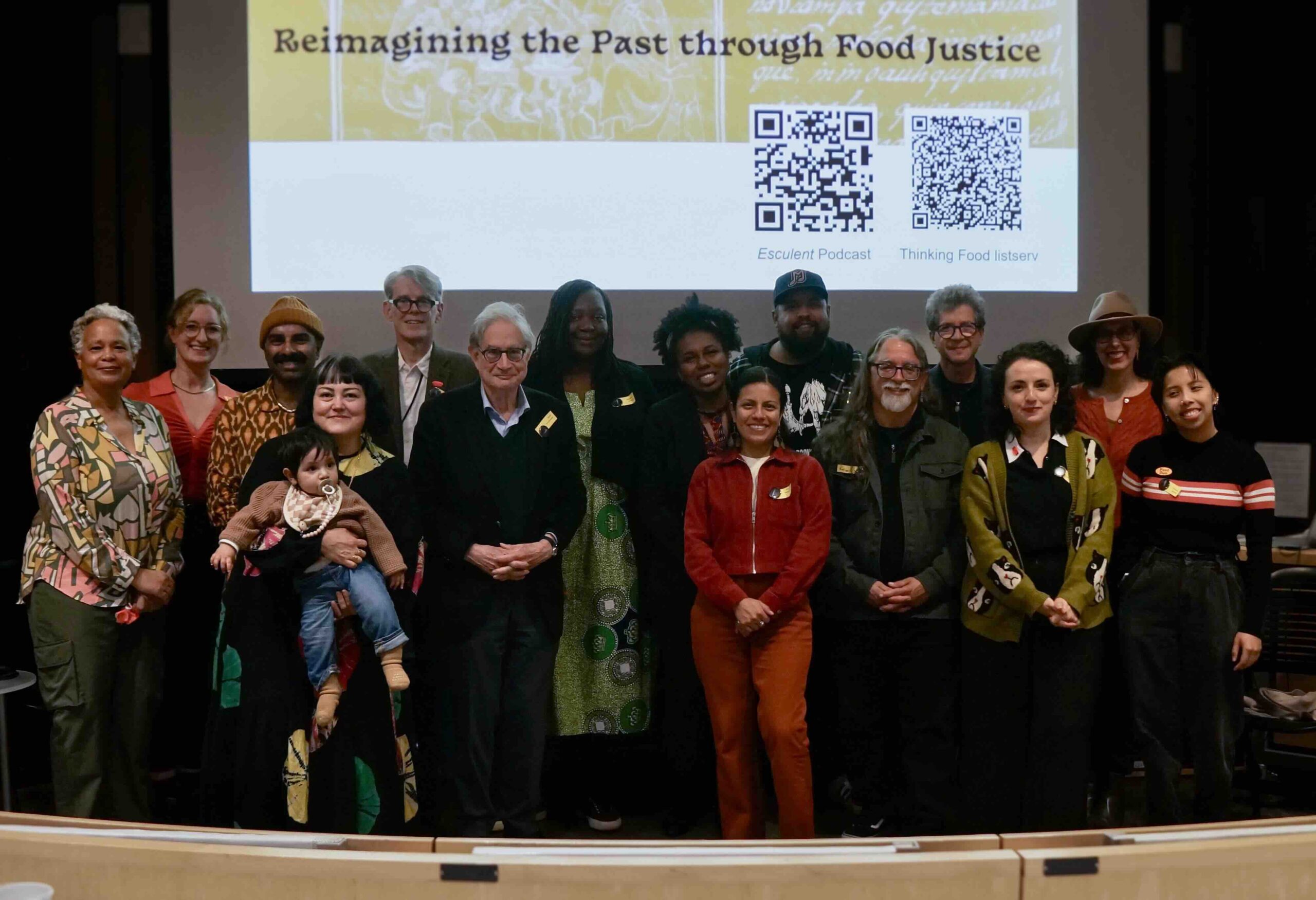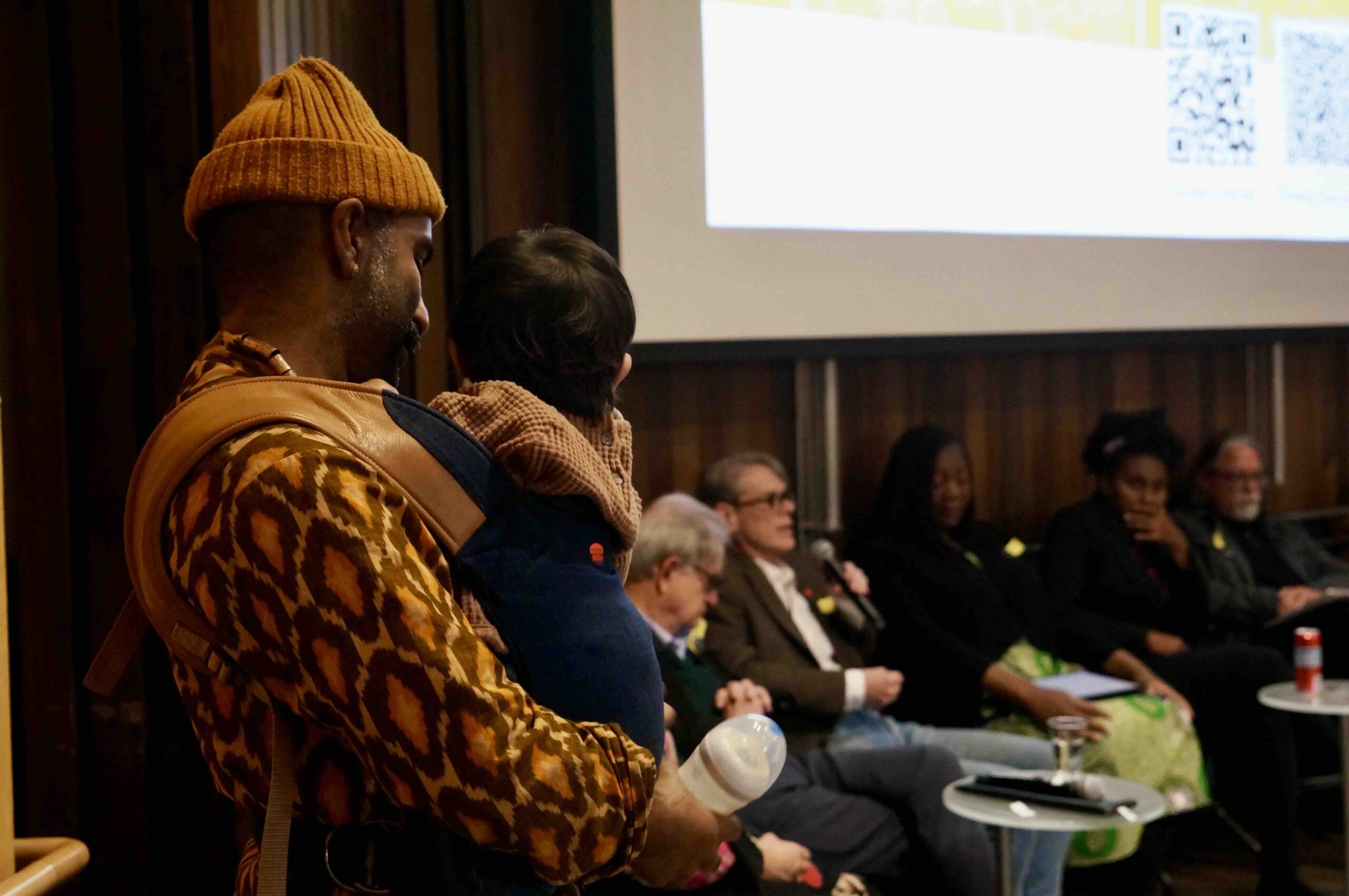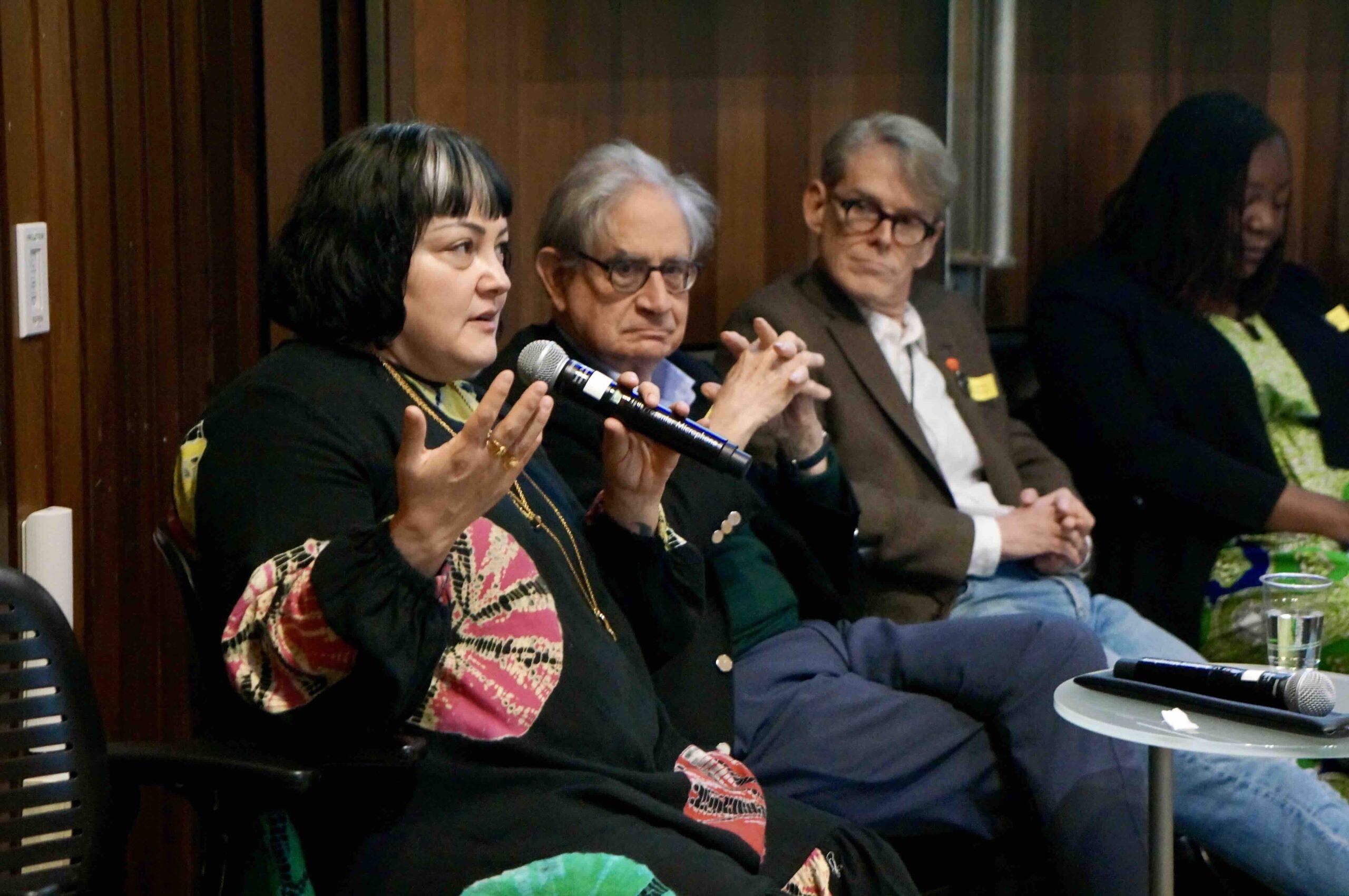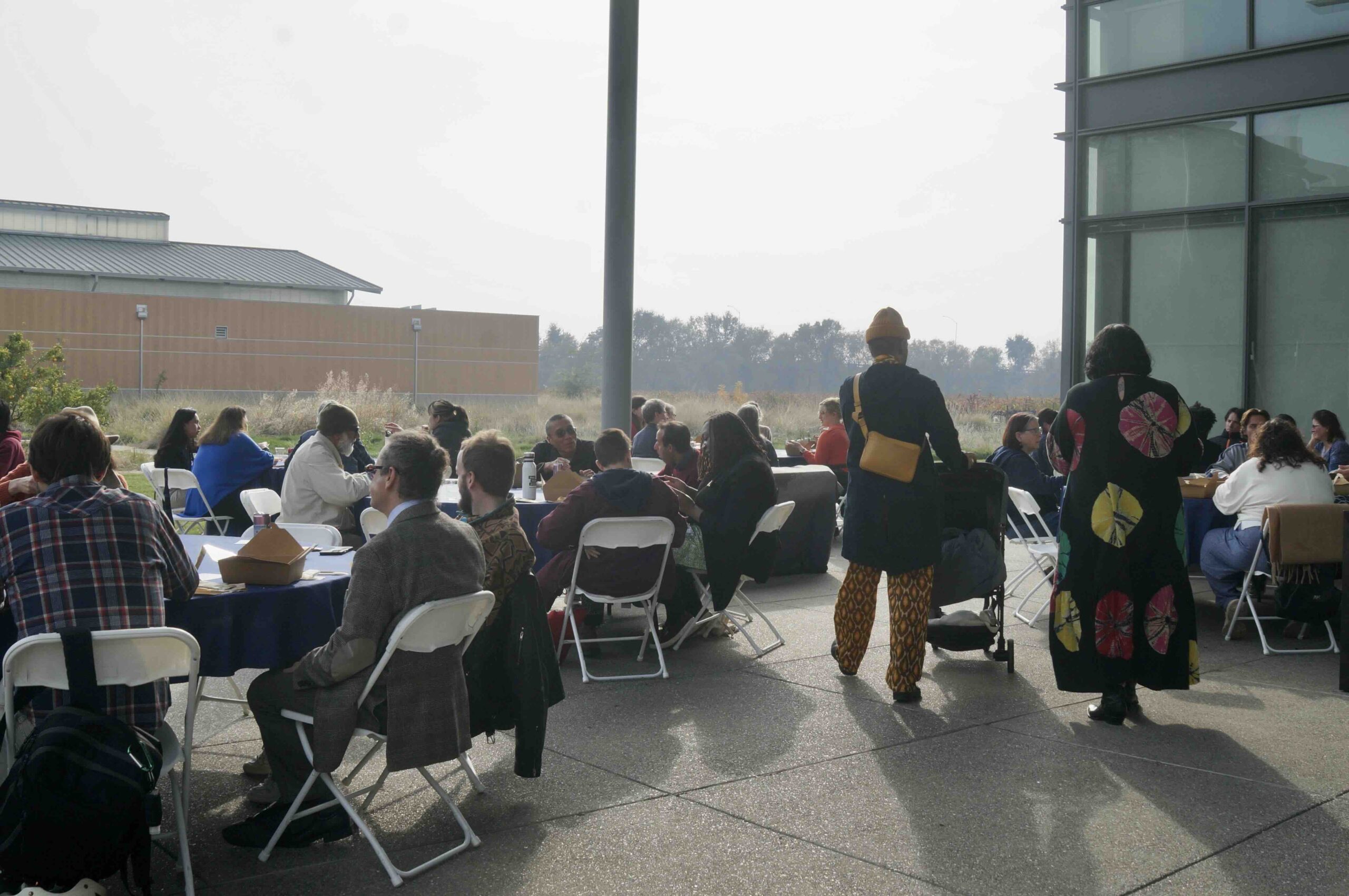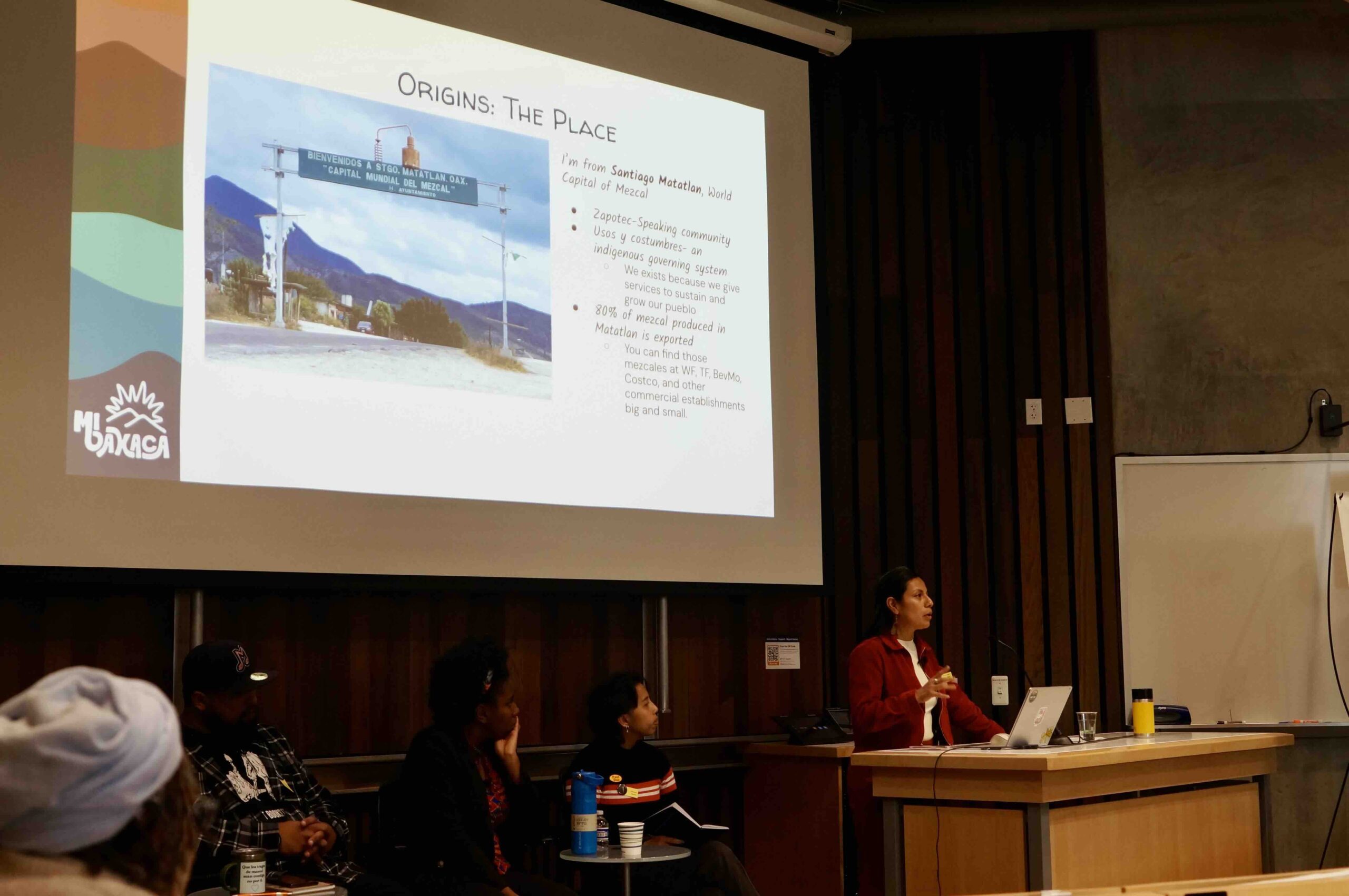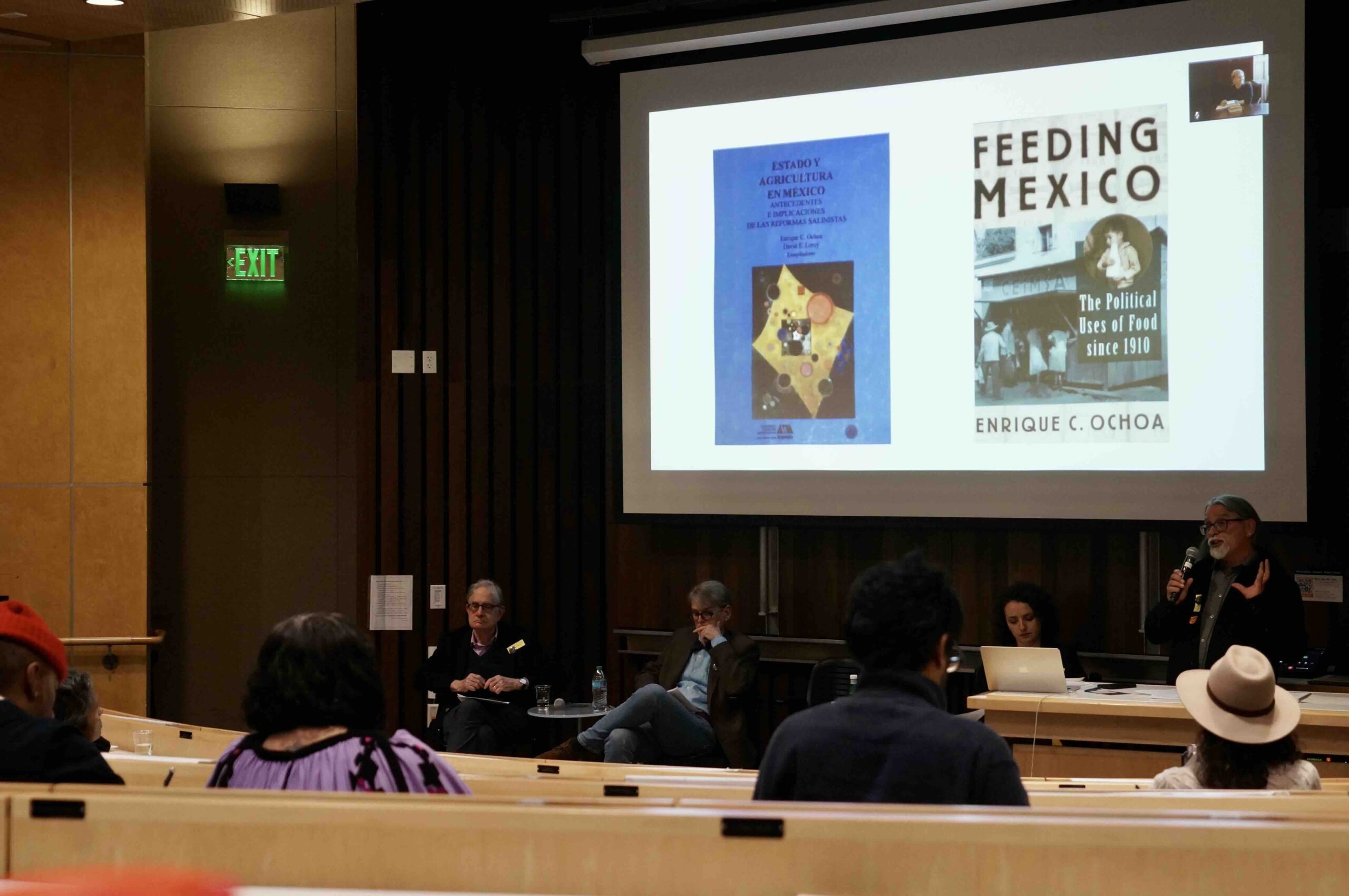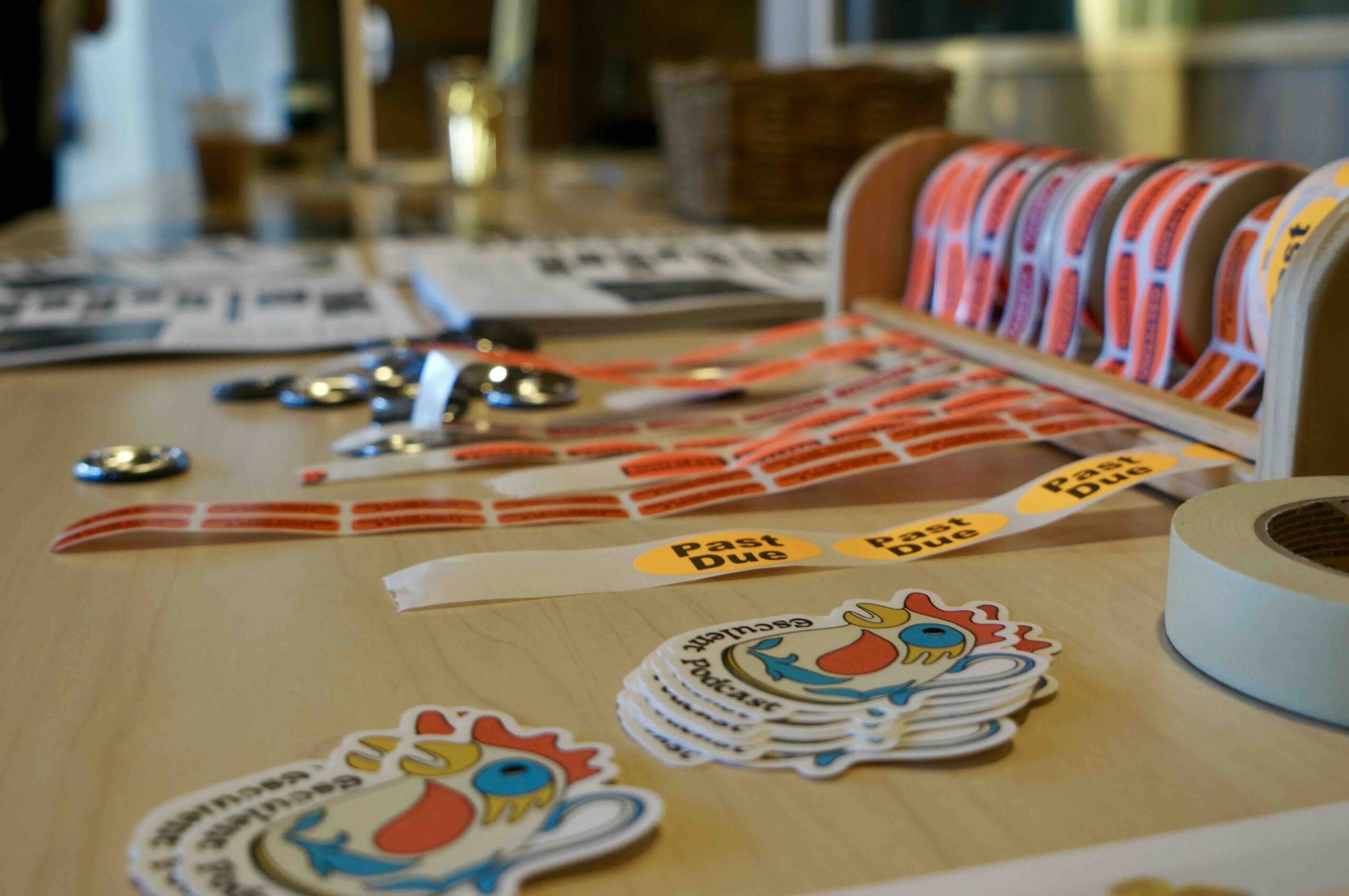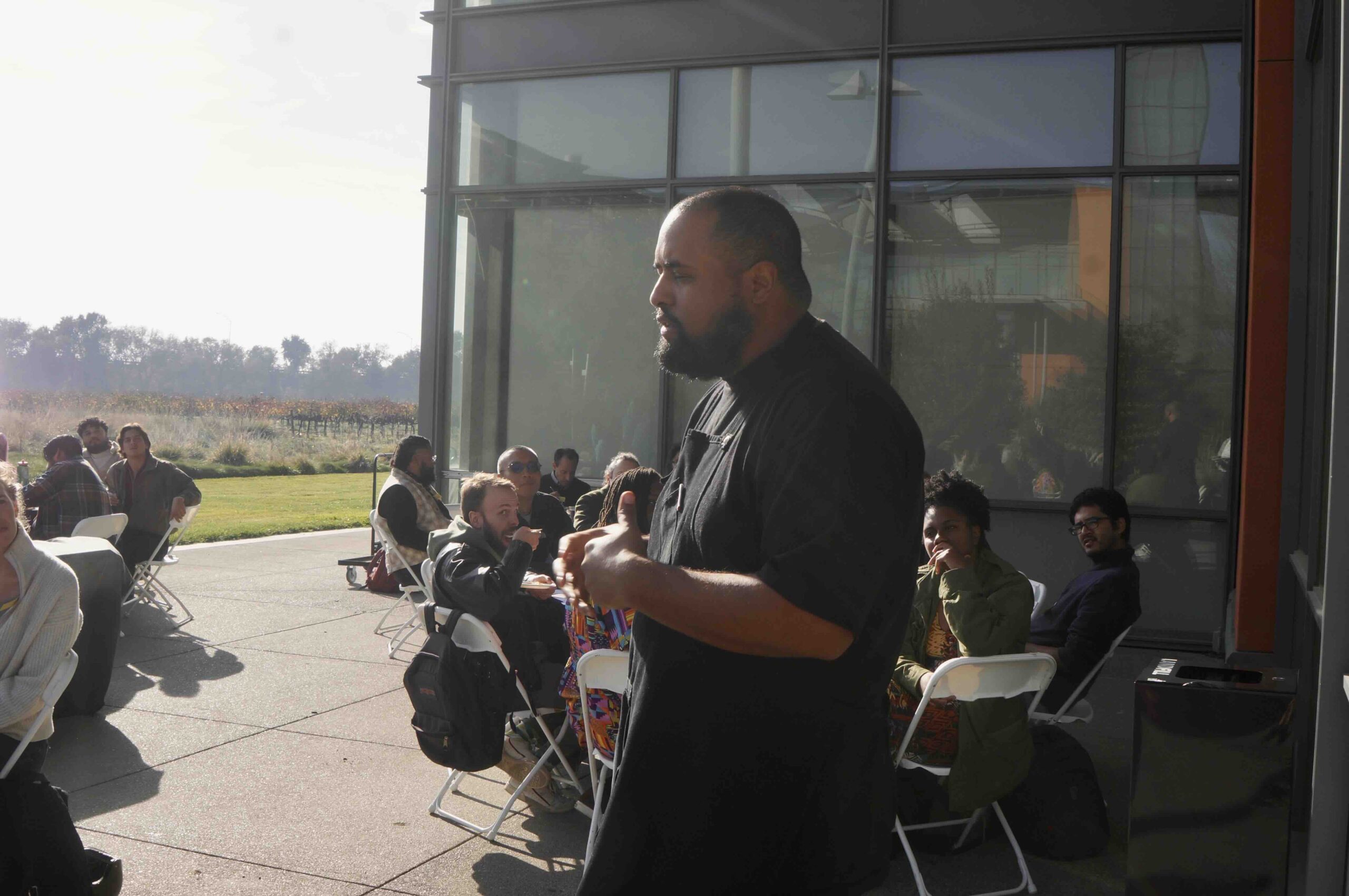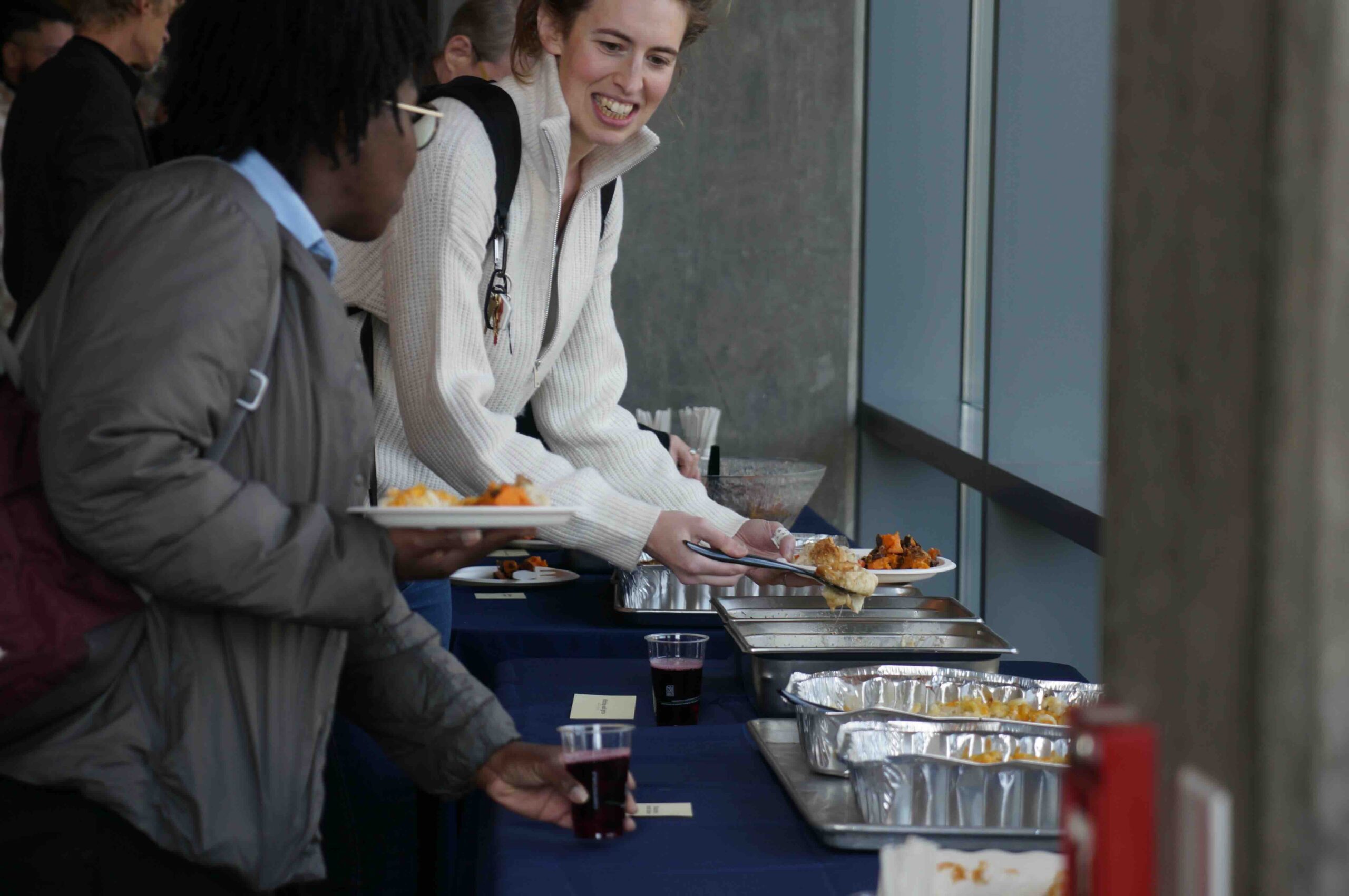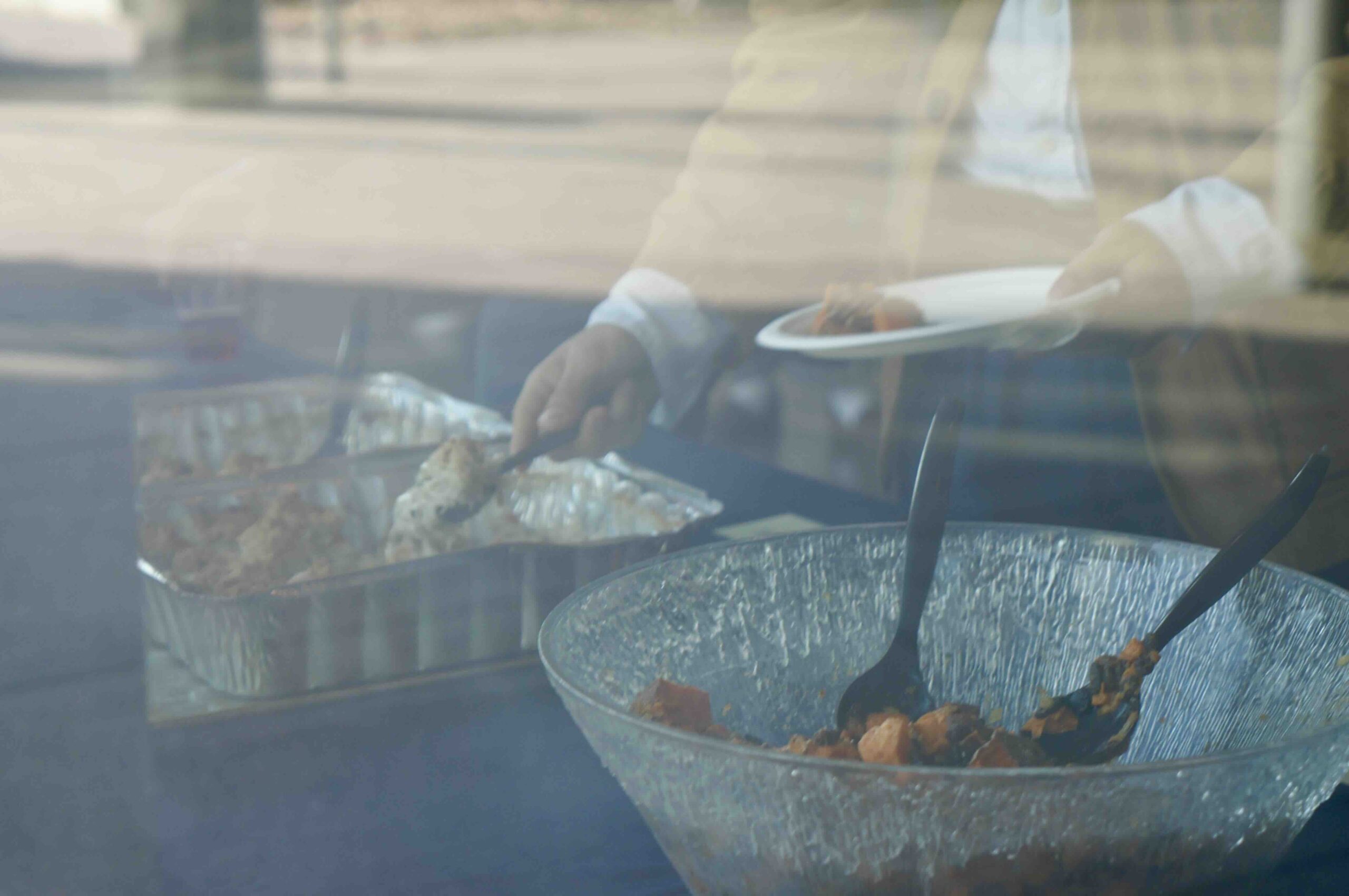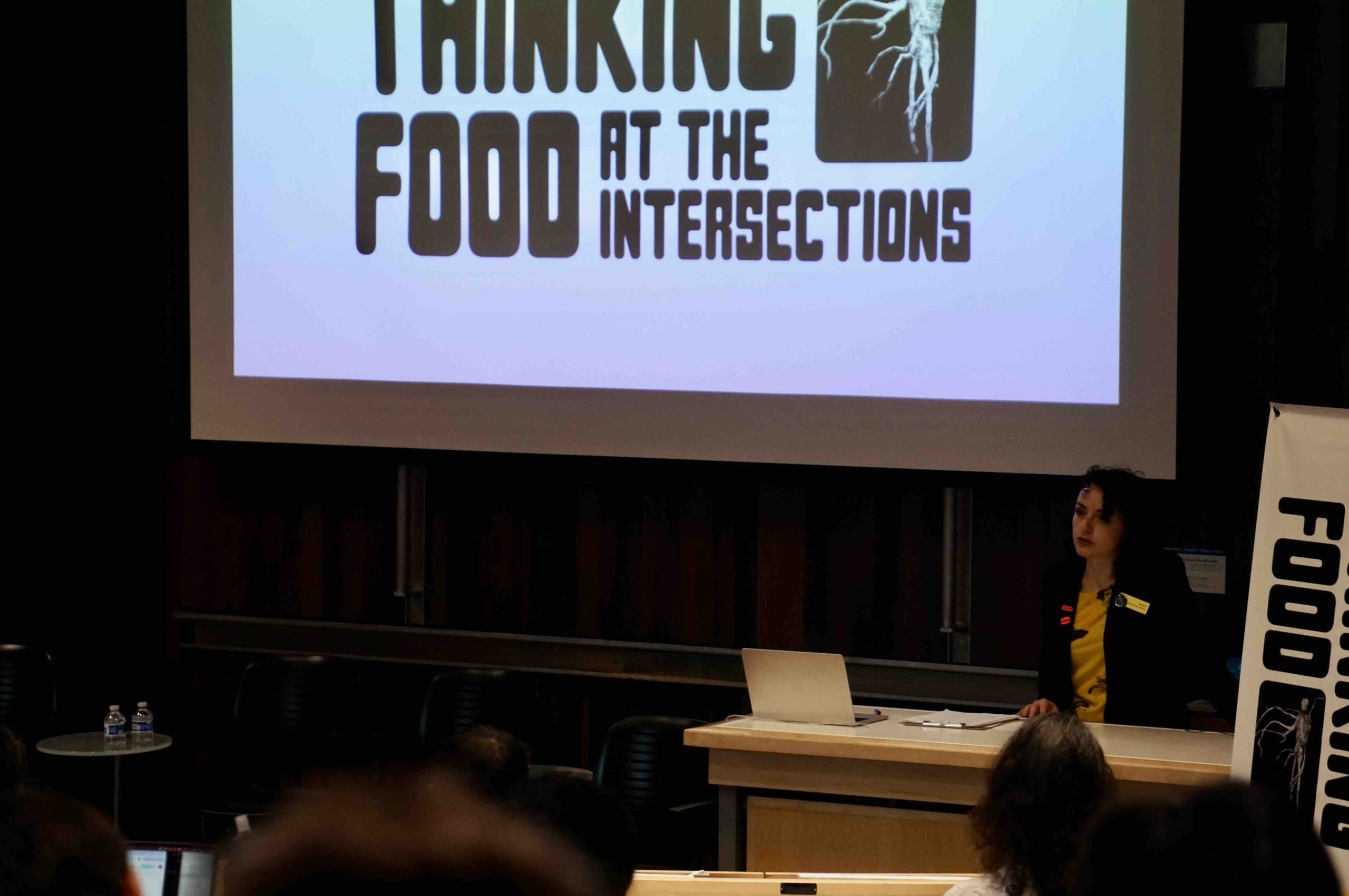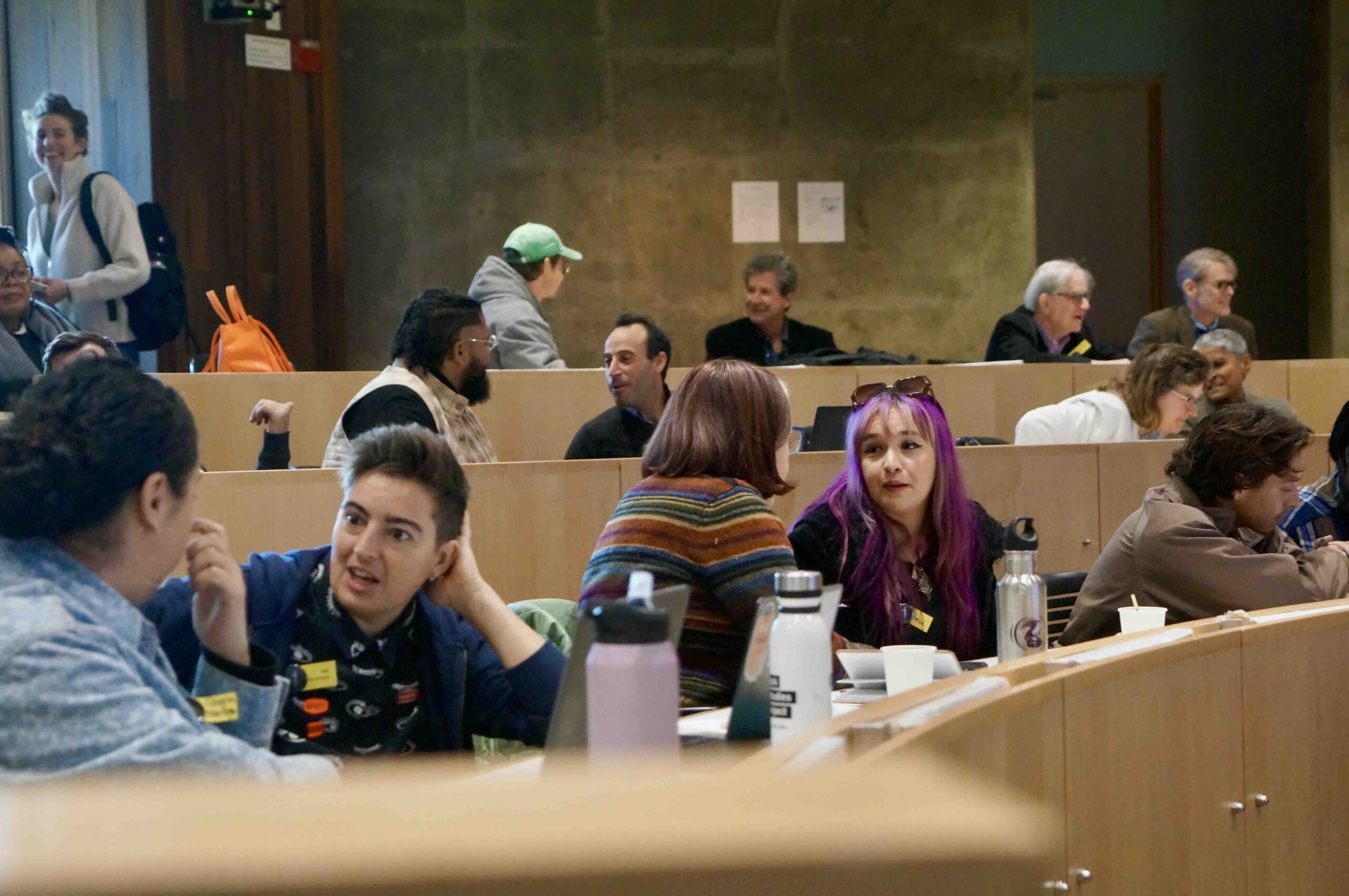Reimagining the Past through Food Justice
Colloquium: December 6 and 7, 2024
As a tool for storytelling, inspiration, or cultural preservation, we will explore how greater knowledge of the past can become a powerful avenue for upsetting dominant narratives about food historically and today.
A note from Fall’s curator, Daniela Gutiérrez-Flores:
I want to express my deepest gratitude to each of you for your participation in this weekend’s colloquium. Your energy, insights, and passion made this gathering an unforgettable experience, and I couldn’t be more thankful for your presence and contributions.
This weekend marked the realization of a long-held vision—a space where scholars, artists, chefs, farmers, activists, and community members could come together to engage in meaningful dialogue, share knowledge, and imagine a more equitable food system. Each of you played an essential role in making that a reality. The conversations, connections, and shared moments of learning and growth wouldn’t have been the same without you. I hope you left feeling as inspired and energized as we did.
This gathering reminded us that public scholarship isn’t just about disseminating information or providing access to resources. It’s about community-building and collaboration, fostering mutual understanding and dialogue, challenging each other’s perspectives, and sharing a table. We are so proud to have created such a space.
Program
Friday, Dec. 6, 10:30 a.m.-6:00 p.m.
- Opening Remarks
- Panel 1: Food Networks: Extraction, Expansion, Exchange (Marcy Norton, UPenn; Shantel George, University of Glasgow; Andrés Reséndez, UC Davis)
- Lunch – Plating and Speculating Historical Foods, Served by Chef Martin Draluck (Black Pot Supper Club)
- Panel 2: Food Justice and the Future of Food Histories (Paul Freedman, Yale University; Jeffrey Pilcher, University of Toronto; Enrique Ochoa, Cal State LA)
- Welcome Reception
Saturday, Dec. 7, 9:00 a.m.-3:00 p.m.
- Panel 3: Narrating Food’s Past: Diaspora, Immigration and Globalization (Martin Draluck, chef; Fabiola Santiago, mezcal educator and activist; Ebony Bailey, filmmaker)
- Lunch – Handheld Pies and Inside Stories
- Reclaiming History in the Kitchen (Cooking Demonstration, chefs Saqib Keval and Norma Listman)
- Closing Roundtable: Reimagining the Past through Food Justice
